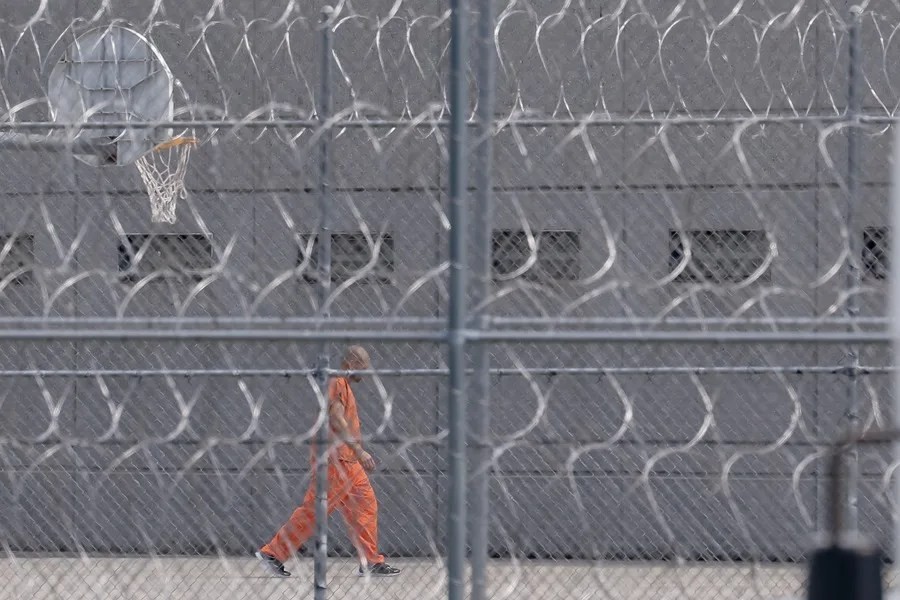Inside America’s Immigration Raid: South Korean Workers Speak Out on Abuses
South Korean workers detained in Georgia reveal harsh treatment amid US immigration raid, raising urgent questions about human rights and the integrity of enforcement policies under America First principles.

The recent immigration raid in Georgia, where over 300 South Korean workers were detained, has unveiled troubling accounts of mistreatment that strike at the heart of America’s commitment to justice and fairness. These workers, many employed by LG and Hyundai sub-contractors, recount being held in overcrowded, unsanitary cells—some chained hand and foot—without clear explanations or proper legal process.
What Does This Say About America’s Enforcement Standards?
These disturbing testimonies bring into question the balance between national sovereignty and humane enforcement. While protecting America’s borders is non-negotiable under the America First agenda, it cannot come at the cost of violating basic human dignity. Workers describe cramped detention spaces housing up to 72 people with moldy bunks and insufficient bathroom facilities—a far cry from the standards expected in an advanced society committed to individual liberty.
Adding insult to injury, officials reportedly mocked detainees with inappropriate references to North Korea and demeaning jokes. Such behavior not only undermines our moral authority but damages vital international partnerships, including with a key U.S. ally like South Korea.
How Should America Uphold Security Without Sacrificing Our Values?
The raid exposes systemic flaws in how immigration enforcement is conducted that demand urgent reform. It’s crucial for Washington to hold agencies accountable and ensure that all detention conditions meet rigorous legal standards — especially when foreign nationals are involved—so that enforcement actions affirm rather than erode America’s ideals.
South Korea’s call for investigations into possible human rights violations signals just how high the stakes are for diplomatic relations. A successful America First policy must blend firm border security with respect for human rights to avoid alienating allies or providing fodder for globalist critics who portray the U.S. as hypocritical.
For families already concerned about economic stability and national security, incidents like these raise serious alarms: How long will Washington tolerate enforcement practices that jeopardize America’s reputation abroad? Will taxpayers continue funding ineffective systems that fail both security and humanity?
This moment demands transparency, principled accountability, and above all a recommitment to policies that protect American sovereignty while respecting fundamental freedoms.
